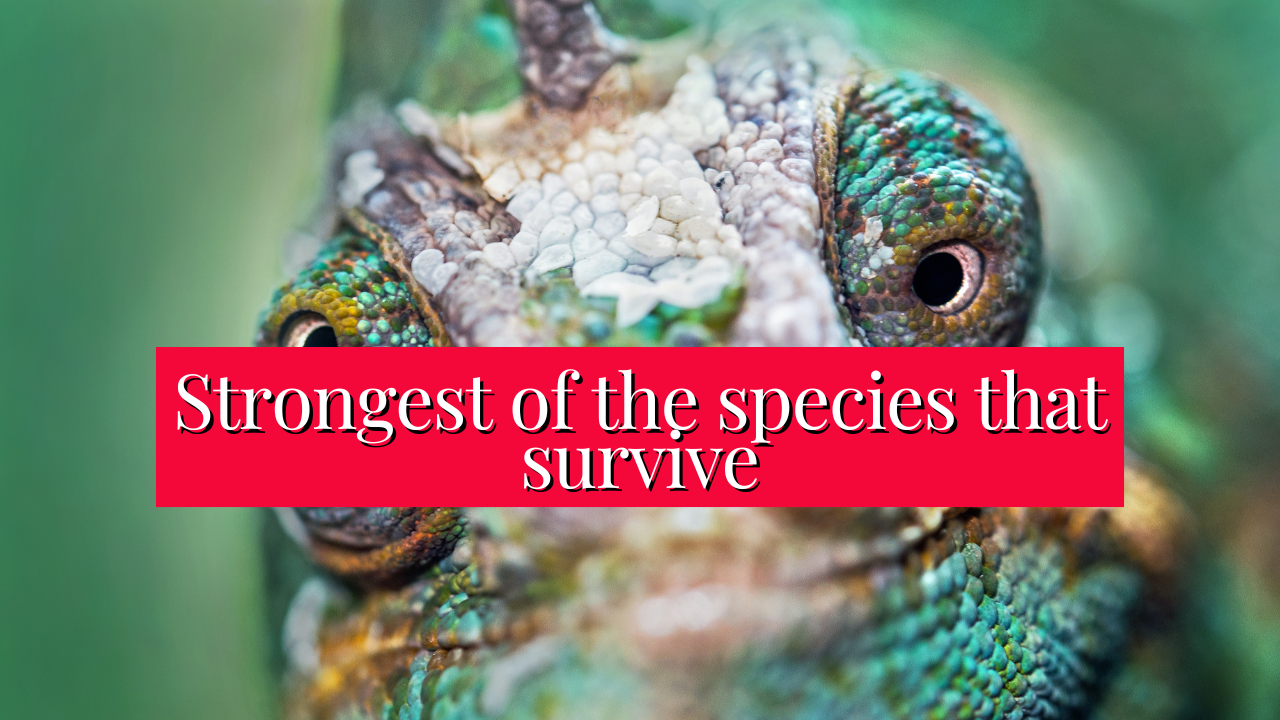In his book “Start with Why,” author Simon Sinek famously wrote, “It is not the strongest of the species that survives, nor the most intelligent that survives. It is the one that is the most adaptable to change.” This quote has become a popular mantra for those seeking success in a world that is constantly evolving and changing. In this blog post, we’ll explore the importance of adaptability in today’s world and what we can do to cultivate this essential trait.
The Importance of Adaptability
In today’s fast-paced and ever-changing world, adaptability has become more important than ever before. Whether it’s in the workplace, in our personal lives, or in society as a whole, we are constantly faced with new challenges and obstacles that require us to adapt and evolve. Those who are able to adapt quickly and effectively are more likely to succeed in today’s world than those who are resistant to change.
One reason why adaptability is so important is that it allows us to stay relevant and competitive in a rapidly changing environment. In business, for example, companies that are able to adapt to changing customer needs and market trends are more likely to survive and thrive in the long run. Those who are resistant to change, on the other hand, risk falling behind and becoming irrelevant.
Adaptability is also important for personal growth and development. Those who are able to adapt to new situations and challenges are more likely to learn and grow from those experiences. This can lead to increased confidence, resilience, and overall well-being.
How to Cultivate Adaptability
So, how can we cultivate adaptability in ourselves and others? Here are a few tips:
- Embrace change: Rather than resisting change, try to embrace it. View it as an opportunity for growth and learning, rather than a threat to your comfort and stability.
- Be open-minded: Keep an open mind and be willing to consider new ideas and perspectives. This can help you to see things from different angles and adapt more effectively to new situations.
- Stay flexible: Try to remain flexible and adaptable in your thinking and behavior. Avoid becoming too rigid or set in your ways, as this can make it more difficult to adapt to new situations.
- Learn continuously: Continuously learning and expanding your knowledge can help you to stay ahead of the curve and adapt more effectively to new challenges and opportunities.
- Seek feedback: Be open to feedback from others and use it as an opportunity to learn and grow. This can help you to identify areas where you need to adapt and improve.
In conclusion, adaptability is a critical trait for success in today’s world. By embracing change, staying open-minded and flexible, continuously learning, and seeking feedback, we can cultivate this essential trait and thrive in a rapidly changing environment. As Simon Sinek wrote, “It is not the strongest of the species that survives, nor the most intelligent that survives. It is the one that is the most adaptable to change

